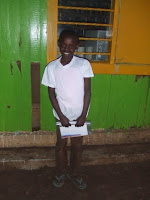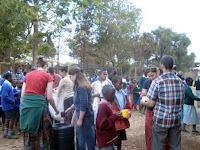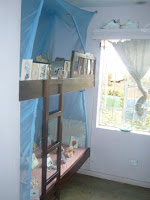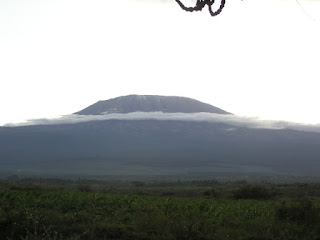

These services are aimed at ensuring that children have the human attachments necessary for normal development and that children can participate cooperatively in activities such as school, recreation, and work with other children and adults.
Services include
1) Child level:
· Activities that support life skills and self-esteem,
· Activities that strengthen the connection between child and traditional social networks,
Counseling for children, rehabilitation for children who abuse drugs or alcohol;
2) caregiver/family level:
· Parenting and communication skills for caregivers,
Support during illness (assist with disclosure of information, grief management, succession planning, preserving memories, etc.,) and
3) Community level:
increasing community understanding of psychosocial needs of vulnerable children through workshops with a focus Reproductive health and Child rights
4) System level:
providing training for teachers within school systems to identify at-risk children in need of psychosocial support and supporting through peer counseling clubs and groups.
































